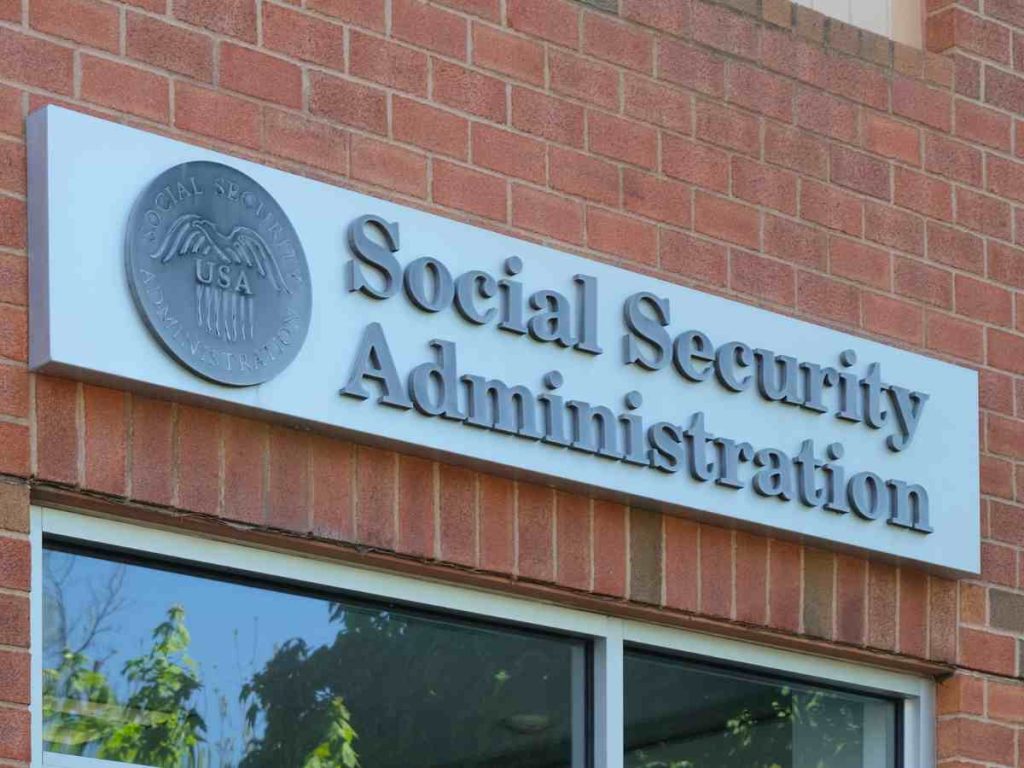The first important change that the Social Security Administration (SSA) brings is for SSI (Supplemental Security Income) and not for SSDI. The SSI payment for June will arrive on May 30, 2025. Therefore, all eligible recipients of this program will collect their monthly payment on the previous business day instead of June 1, 2025.
As for SSDI, there will be a first payment due on June 3, 2025. This could be your payday if you are on both Supplemental Security Income and Social Security Disability Insurance. However, if you started receiving Disability Insurance before May 1997, this will also be your payday in June. Thus, those who got benefits after April 30, 1997, qualify for other later payments.
SSDI from June 11-25
SSDI benefits will also arrive on June 11. They will be deposited in your bank account if your birthday falls from the 1st to the 10th. If compared to the May payments, it will be in your pocket three days earlier.
Another SSDI payment will be delivered on June 18 for those disability recipients whose birthday is from the 11th to the 20th, regardless of the month. Finally, some disability beneficiaries will have to wait until June 25.
June 25 will be the payday for those Disability Insurance recipients whose birthday is from the 21st to the 31st. Reminder: all these Wednesday paydays are for those on benefits after April 30, 1997, and who are not on SSI.
- SSI: May 30, 2025
- SSDI on June 3: on both SSI and Disability Insurance
- Disability Insurance on June 3: on benefits before May 1997
- Disability Insurance on June 11: born 1-10
- Disability Insurance on June 18: born 11-20
- Disability Insurance on June 25: born 21-31
SSDI payments of up to $4,018
While SSI payments can be up to $967 for individuals and up to $1,450 for eligible married couples, Social Security Disability Insurance can be up to $4,018.
The thing is, there will be several requirements that are not easy to attain. For example, you must have worked for 35 years, which is challenging or even impossible if a disability appears in your 20s, 30s, or 40s.
Another condition is to have earned the contribution and benefit base for 35 years too. Few high earners can collect so much money for so many years. What is more, you must have filed at the required age, and the jobs you had must have paid taxes to SSA.
